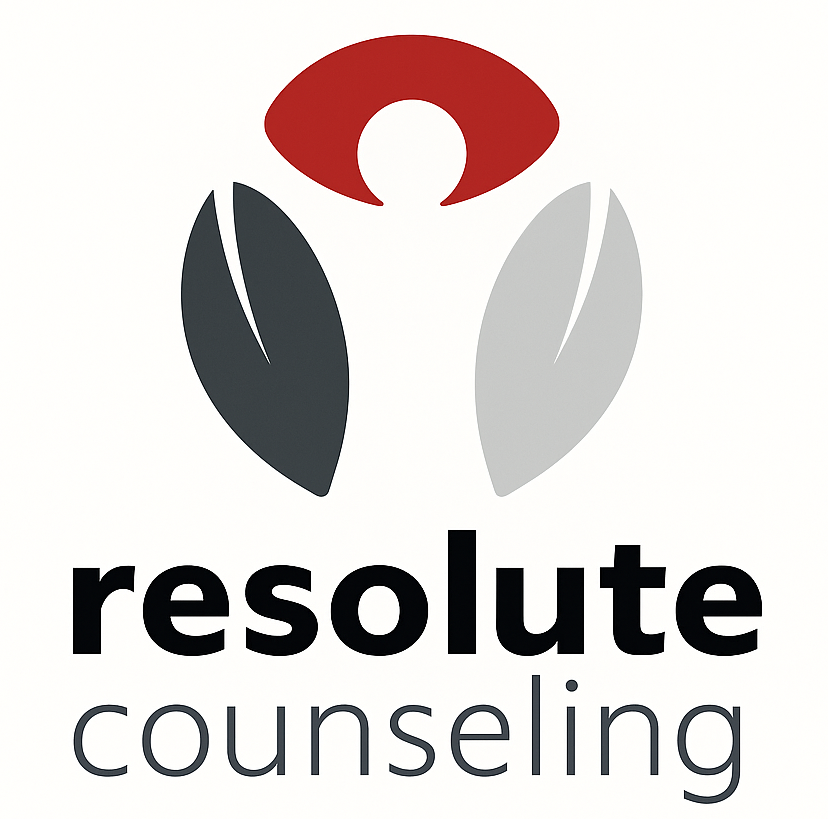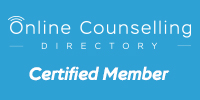How to Pursue Personal Development Sustainably and Keep Your Momentum
Written by Brad Krause
Personal development is often imagined as a sprint—a burst of motivation followed by quick results. But the truth is, growth rarely comes that way. It’s a long-distance run that rewards pacing, awareness, and the ability to sustain your energy over time. People who make lasting progress aren’t necessarily those who push the hardest up front; they’re the ones who learn to breathe, to build habits that hold up, and to let go of perfection when the road bends. If you’ve ever burned out on self-improvement plans before they even took root, you know how fragile momentum can feel when it isn’t anchored in something deeper. The good news? You can cultivate a rhythm of growth that stays with you, no matter how busy or chaotic life gets. Here’s how.
Embrace Habitual Routines Over Fleeting Goals
Big, bold goals have their place, but what keeps people growing long after the buzz of resolution season fades is smaller and quieter: habit. There’s a remarkable kind of stability that comes from establishing consistent daily habits, where little actions—done without decision fatigue—shape who you become. You don’t have to aim for anything flashy at first; making your bed every morning, journaling three sentences at night, even simply showing up for yourself in the same way every day, lays the groundwork for bigger changes to take root. When you make routines out of things that align with your values, you stop relying on bursts of motivation and start building your growth into the bones of your day. That’s how you avoid the emotional crash that comes with chasing one-time wins.
Incorporate Structured Learning Opportunities
For professionals, growth isn’t just about self-reflection—it’s about sharpening your skills and staying relevant in your field without burning out. One way to keep learning sustainably is through structured programs designed for working adults. If you’re in healthcare, for instance, you can earn your RN to BSN teaching degree while continuing to work, creating a manageable path toward advancement without derailing your life. Programs like these offer flexibility, clear direction, and a sense of progress that keeps your momentum steady. They remind you that growth can be both ambitious and realistic at the same time.
Set Realistic and Achievable Goals
Ambition is a gift, but if it’s not managed, it can turn on you. Too often, people set goals that are so lofty they collapse under their own weight, and the fallout isn’t just discouragement—it’s paralysis. The key is understanding that setting realistic goals is crucial to maintaining your drive and confidence over the long haul. When goals are aligned with where you’re at—not where you think you “should” be—they become milestones you can reach and feel proud of. And that pride fuels the next step.
Prioritize Tasks Effectively
When everything feels urgent, nothing moves forward. It’s not about working more—it’s about working smarter, and that begins with knowing what matters most today. One of the best ways to cut through the noise is to differentiate between urgent and important tasks so you’re not just putting out fires but also feeding the bigger picture of your life. This isn’t just productivity advice; it’s about preserving your energy for the things that genuinely align with your personal development. You don’t have to do it all at once. You have to keep your eyes on the priorities that will mean something to you a year from now. Momentum thrives when you stop scattering yourself.
Recognize and Address Burnout
No matter how well-intentioned your efforts are, ignoring the signs of burnout will undo even the best-laid plans. It sneaks up as emotional exhaustion, creeping cynicism, and a sense that nothing you do is enough. Recognizing early signs of burnout and acting on them—before they become crises—is a skill worth cultivating if you’re serious about long-term development. That might mean learning to say no more often, getting more sleep, or making space for hobbies that fill your tank. Sustainability isn’t just about what you add to your plate; it’s about what you take off when it gets too heavy.
Consider Sabbaticals for Rejuvenation
Sometimes the most productive thing you can do for yourself is stop. Taking a sabbatical can serve as a strategic pause, giving you time to reset your energy, gain perspective, and even rethink the direction you’re heading. This isn’t quitting—it’s choosing to rest so you can return to your growth with a clear mind and renewed purpose. Even a few weeks away from the grind can create space for big insights and quiet recalibration. Sustainability means knowing when to push and when to pull back, and a sabbatical reminds you how much value there is in stepping away.
Maintain Momentum Through Continuous Learning
Growth never has to stop—if you let it evolve with you. Sustaining momentum in personal growth is less about constant acceleration and more about staying curious, open, and willing to adapt. Lifelong learners don’t just keep up; they lead the way by building new skills and staying engaged. Keep feeding your mind with things that inspire you, challenge you, and help you see the world differently. Growth slows down only when curiosity does—so keep yours alive, and your progress will keep pace.
Sustainable personal development isn’t about chasing endless milestones or proving your worth through constant motion. It’s about building a life you can keep living while you grow. That means knowing when to push and when to pause, when to reach higher and when to simply hold steady. By grounding yourself in habits, setting goals you can meet, protecting your energy, and staying curious enough to keep learning, you create momentum that doesn’t burn out—it builds. Your growth doesn’t have to look dramatic to be real, and it doesn’t have to be loud to matter. What counts is that you keep showing up for yourself in ways that feel possible, every day, over and over again.
Discover a holistic approach to mental wellness with Resolute Counseling, where personalized therapy and medication management pave a positive path to growth and wellness. After spending most of his time in a corporate setting and neglecting his self-care for far too long, Brad embraced his calling and decided to become a full-time life coach. He now spends the rest of his life helping people get a better foothold on their wellness above all else through Self Caring.



